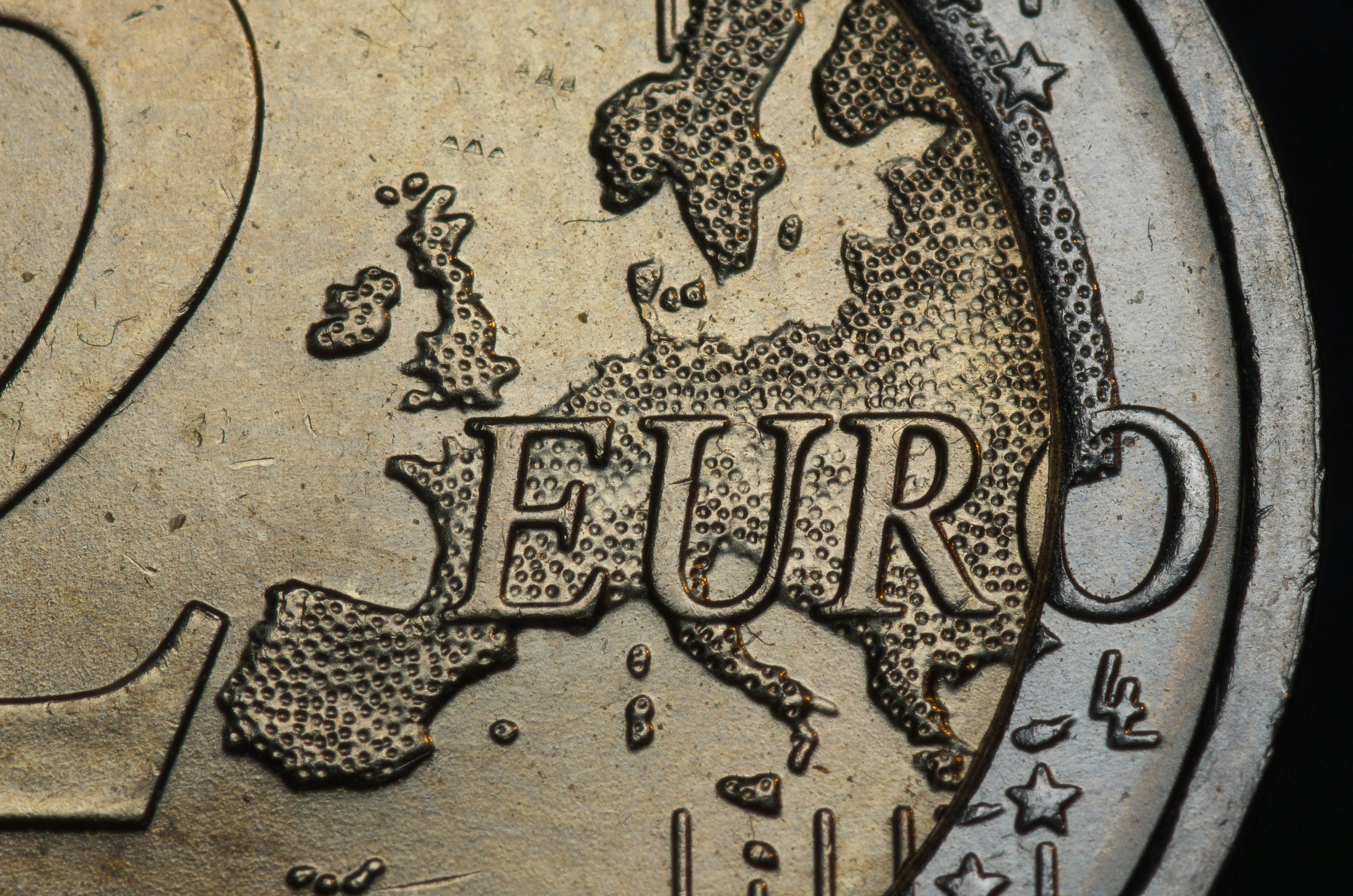What is Fiscal Representation for VAT in the Netherlands?
Learn how fiscal representation in the Netherlands can simplify VAT compliance for non-EU businesses. Understand how a fiscal representative can handle VAT registration, payments, and reporting, ensuring smooth operations.


Understanding Fiscal Representation for VAT in the Netherlands
Fiscal representation is a crucial process for businesses outside the European Union (EU) that wish to trade within the EU. In particular, it applies to VAT (Value Added Tax) regulations. Businesses not established in the Netherlands but conducting trade in the country can use fiscal representation to comply with local VAT laws. Fiscal representatives act on behalf of businesses, ensuring proper VAT registration, declaration, and payment to Dutch tax authorities.
In essence, fiscal representation simplifies VAT processes and helps businesses navigate the complexities of European tax laws. This system benefits foreign businesses by allowing them to avoid VAT registration directly with the Dutch authorities, thus ensuring smooth and efficient operations.
Why is Fiscal Representation important?
- VAT Compliance for Non-EU Businesses
- If your business is located outside the EU and you need to import goods into the Netherlands, fiscal representation ensures that you comply with Dutch VAT regulations. Without fiscal representation, businesses would face challenges in adhering to VAT rules for imports, risking penalties and delays.
- Smooth Importation Process
- Fiscal representatives are experts in managing VAT requirements on behalf of foreign businesses. They handle all aspects of VAT registration, declaration, and payments, ensuring that the goods can pass smoothly through Dutch customs without unnecessary delays.
- Minimizing Administrative Burden
- For non-EU businesses, fiscal representation helps minimize the administrative workload related to VAT. It prevents the need for registering a business in the Netherlands, allowing businesses to focus on their core operations without getting bogged down by local tax requirements.
- Avoiding Double VAT Charges
- Fiscal representation helps businesses avoid paying VAT twice—once in the country of origin and once in the Netherlands. The fiscal representative ensures proper tax processing, enabling businesses to reclaim VAT where possible.
Who needs Fiscal Representation in the Netherlands?
- Non-EU Businesses
- Any business located outside the EU that imports goods into the Netherlands or provides services in the country may need fiscal representation. This is particularly useful for businesses without a physical presence in the EU but involved in regular trading activities.
- E-commerce Sellers
- If you are running an e-commerce business based outside the EU and selling goods to customers in the Netherlands, fiscal representation is essential. It helps manage the VAT process for online sales, making it easier to comply with Dutch tax laws.
- Companies in Specific Industries
- Businesses dealing with goods subject to customs duties or VAT—such as manufacturing, retail, and logistics—require fiscal representation to ensure that VAT processes are properly handled.
How does Fiscal Representation work?
- Engaging a Fiscal Representative
- The first step for a non-EU business is to engage a qualified fiscal representative in the Netherlands. The representative will handle all VAT-related matters, including registration, filing VAT returns, and paying the required tax.
- VAT Registration
- The fiscal representative assists in VAT registration with the Dutch Tax and Customs Administration (Belastingdienst). This process includes gathering necessary documentation and information about your business operations to ensure compliance with local regulations.
- VAT Reporting
- After VAT registration, your fiscal representative will handle the submission of VAT returns. They will calculate the amount of VAT owed, ensuring that payments are made accurately and on time.
- Reclaiming VAT
- A fiscal representative can also help foreign businesses reclaim VAT paid on imports, where applicable. This ensures that businesses are not unfairly burdened with additional taxes.
How to choose the right Fiscal Representative?
- Experience with Dutch VAT Laws
- Choose a fiscal representative with extensive experience in handling Dutch VAT regulations. They should be familiar with the intricacies of the tax system and the specific needs of international businesses.
- Reliability and Compliance
- Ensure that your chosen representative is reliable and fully compliant with Dutch tax laws. They should have a track record of accurate VAT filings and timely payments.
- Transparent Fees
- Look for a fiscal representative with transparent fee structures. Make sure you understand the costs involved before entering an agreement.
Conclusion
For businesses outside the EU, fiscal representation offers a practical and efficient solution to comply with Dutch VAT regulations. By partnering with a reliable fiscal representative, businesses can streamline the import process, reduce administrative burden, and avoid penalties. Whether you're an e-commerce seller or a manufacturer, fiscal representation ensures that VAT compliance is seamless, allowing your business to focus on growth and profitability.
Many foreign businesses using Fiscal Representation also apply for Article 23 VAT Deferral to optimize cash flow when importing goods.
If you're handling both VAT and customs compliance, Direct Representation might be another solution to streamline your trade operations.
Related content
Short section heading goes here
Suspendisse varius enim in eros elementum tristique.

.jpeg)
